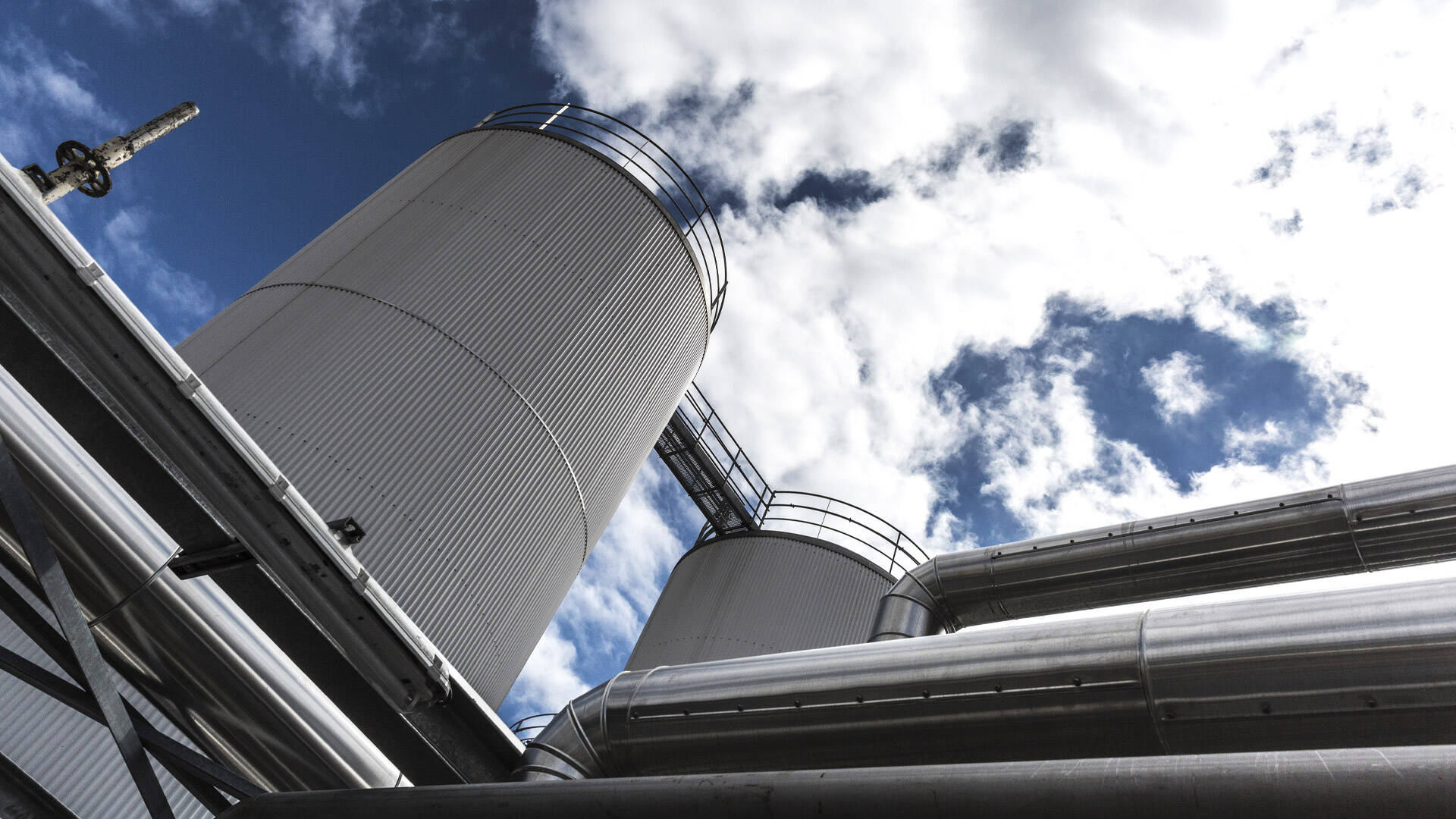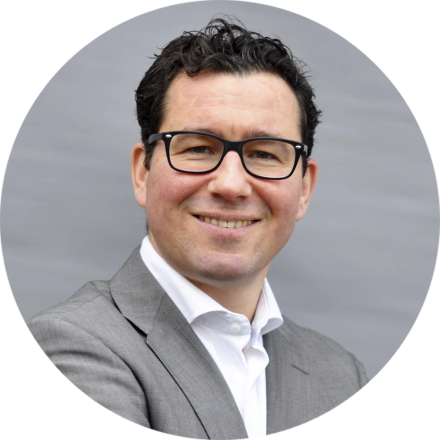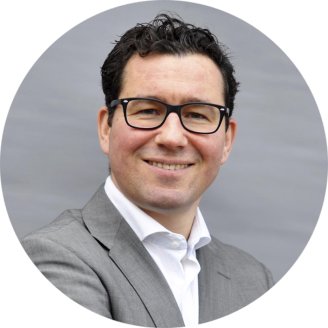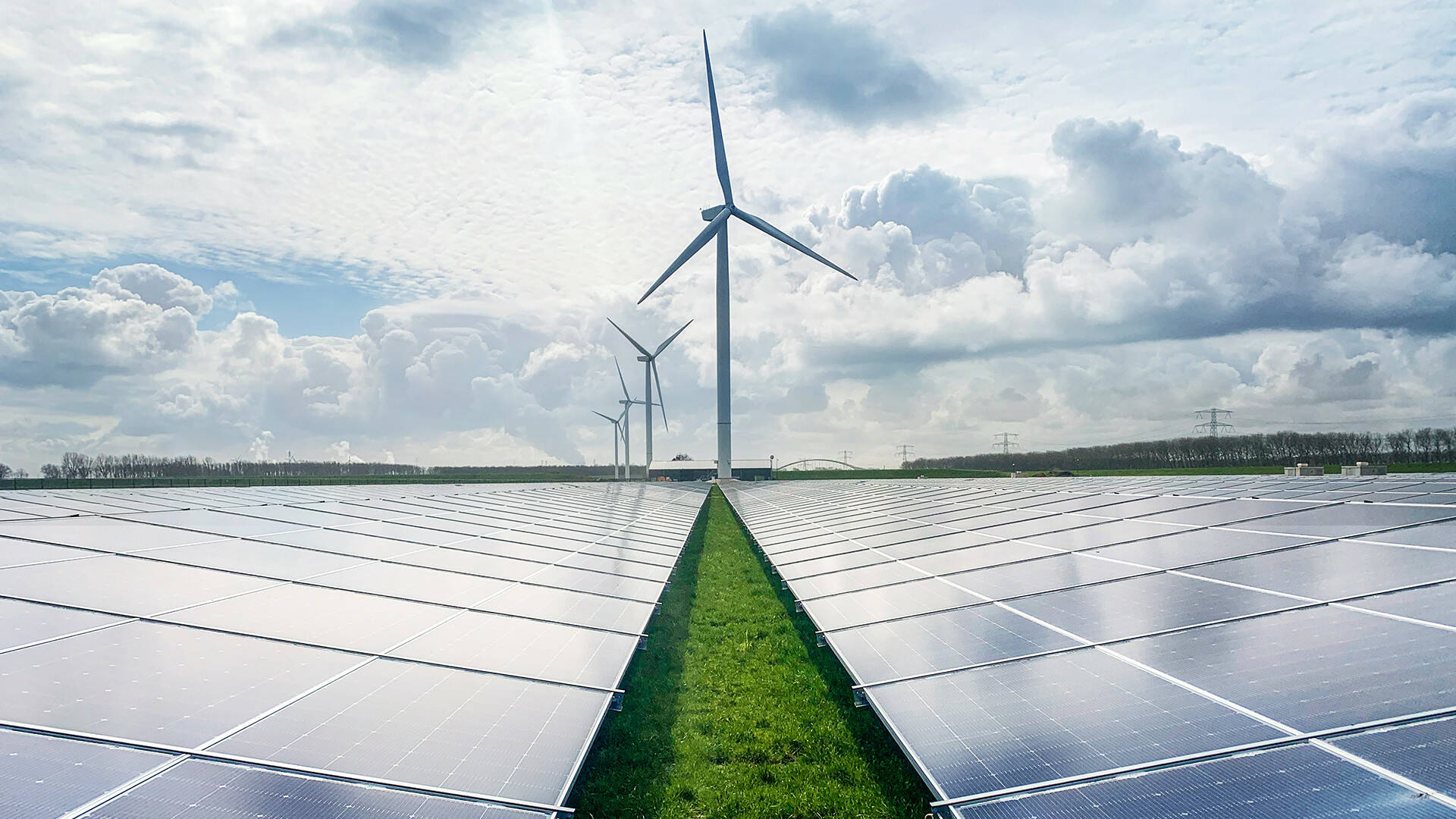
SPIE, on engineering industrial processes for efficiency and sustainability



Go to next article

Go back
scroll down

Our trans-shipment client offering bulk liquid storage facilities, LBC Tank Terminals, is a good example. They are located in the Botlek, the industrial area at Rotterdam harbour, and are expanding their capacity by adding more storage silos / tanks. The additional pumps installed to pump the liquids require a lot of power and the local grid is being expanded to accommodate this. As part of this, Alfen supplied six accessible transformer substations which will be deployed with low voltage distribution. Their prefabricated nature makes them a great solution for this industrial site which has different safety rules compared to other locations.
Can you tell us about a standout project with Alfen?
Adapting industry processes for sustainability can be challenging.
Where is innovation needed and how do you introduce it?
Factories are often from the 60s and 70s and have already been adapted. The result is already complex installations where innovation must be introduced slowly and that innovation is most needed around digitisation. Battery storage is also required on sites and hydrogen also seems to have an important role to play in making heavy processes more sustainable, where electrification cannot, but it is not there yet and the costs are too high.
On the project side, innovating can be challenging but maintenance contracts give us the space to implement innovation together, usually around digitisation. We are also looking internally at how we can become more sustainable. It is very high on our own agenda and so we are looking at innovation across all our activities. We already have our own drones that we use for inspection of bridges, locks, high-voltage cables and industrial chimneys. We are also looking at the use of robotics for inspections. Increasingly, the trend is towards inspections without the need for the physical presence of an inspector because it’s safer and more cost-efficient.
We also use the innovation of our suppliers to solve customer challenges. Customers often ask questions about technologies, for example, battery storage, in which case we would advise them and refer them to Alfen’s solution.
“ The will to change is there but the way to it is not always clear ”
What are the consequences of the energy transition for SPIE? Can you talk about how you help your customers becoming more sustainable?
It’s probably better to describe it as an energy revolution, than a transition. We see a great deal of activity happening around us now related to the shift in our energy system but it is not always possible to see exactly where it is going and when it might get there and it can be very difficult to estimate. For example, Industry: only green hydrogen? Trucks and heavy transport: only hydrogen? Cars: battery-powered or a combination? In addition, in the electrification industry, the demand often exceeds supply which the TSO and grid operators must then manage.
SPIE is regularly asked by customers how to make their sites more sustainable. Industry is working on sustainability but is often conservative – more comfortable working with proven concepts rather than innovating. This is partly driven by the fact that seemingly small adjustments can have a multitude of consequences for the operation of the entire installation. So, the will to change is there but the way to it is not always clear.
Can you introduce yourself and tell us about SPIE and its Industry services segment?
The majority of SPIE’s work is in Northern Europe, the French-speaking countries of Africa and the Far East. Of our 45,000 employees worldwide, about 4,500 are in the Netherlands and spread across a nationwide network of 36 branches, which is important because it keeps us physically close to our customers.
We have four segments. Our Energies division in the Netherlands is scaling up rapidly and, for example, does all the major HV projects with the TSO, TenneT. The Smart city segment contributes to a sustainable model for urban and regional development and includes things like roads, connectivity and lighting and also wet infrastructure, like bridges, locks and pumping stations for Rijkswaterstaat (Directorate-General for Public Works and Water Management). Our e-efficient Building segment looks at managing private and public buildings for both sustainability and wellbeing.
Finally, there is my division, Industry services, where I have worked for about 6 years. The industries we serve include Energy, Oil & Gas, Chemicals, Tank Terminals, Steel, Storage and transhipment, Machine construction, Paper and cardboard, Manufacturing, Food, Livestock and compound feed and Drinking and wastewater so quite broad!
We focus on delivering innovative, cost-effective and safe solutions for engineering, building, maintaining and optimising industrial processes, energy recovery and sustainable management of technical installations. Our projects can be either single or multidisciplinary and we work along the project lifecycle, doing everything from design to installation and commissioning, to maintenance. We are especially good at maintenance and have long contracts. These allow us to maintain strong relationships which, ultimately, help to generate new projects.

An interview with Dennis Vrijenhoek,
Sales Director at SPIE
SPIE is an independent global technical service provider, excelling in the provision of multi-technical services for energy and communications. Founded 120 years ago in France and headquartered in Paris, it has over 45,000 employees worldwide. SPIE Nederland provides advice and technical solutions for the design, installation and maintenance of network systems, energy, infrastructure and buildings.
Dennis Vrijenhoek works for SPIE’s Industry services division in the Netherlands as a Sales Director, with responsibility for the West-North West region. We spoke to him about the impact of energy transition on his division and some of the challenges associated with trying to make industrial processes more sustainable.


SPIE, on engineering industrial processes for efficiency and sustainability



Go to next article

Go back
Our trans-shipment client offering bulk liquid storage facilities, LBC Tank Terminals, is a good example. They are located in the Botlek, the industrial area at Rotterdam harbour, and are expanding their capacity by adding more storage silos / tanks. The additional pumps installed to pump the liquids require a lot of power and the local grid is being expanded to accommodate this. As part of this, Alfen supplied six accessible transformer substations which will be deployed with low voltage distribution. Their prefabricated nature makes them a great solution for this industrial site which has different safety rules compared to other locations.
Can you tell us about a standout project with Alfen?
Adapting industry processes for sustainability can be challenging. Where is innovation needed and how do you introduce it?
Factories are often from the 60s and 70s and have already been adapted. The result is already complex installations where innovation must be introduced slowly and that innovation is most needed around digitisation. Battery storage is also required on sites and hydrogen also seems to have an important role to play in making heavy processes more sustainable, where electrification cannot, but it is not there yet and the costs are too high.
On the project side, innovating can be challenging but maintenance contracts give us the space to implement innovation together, usually around digitisation. We are also looking internally at how we can become more sustainable. It is very high on our own agenda and so we are looking at innovation across all our activities. We already have our own drones that we use for inspection of bridges, locks, high-voltage cables and industrial chimneys. We are also looking at the use of robotics for inspections. Increasingly, the trend is towards inspections without the need for the physical presence of an inspector because it’s safer and more cost-efficient.
We also use the innovation of our suppliers to solve customer challenges. Customers often ask questions about technologies, for example, battery storage, in which case we would advise them and refer them to Alfen’s solution.

“ The will to change is there but the way to it is not always clear ”
What are the consequences of the energy transition for SPIE? Can you talk about how you help your customers becoming more sustainable?
It’s probably better to describe it as an energy revolution, than a transition. We see a great deal of activity happening around us now related to the shift in our energy system but it is not always possible to see exactly where it is going and when it might get there and it can be very difficult to estimate. For example, Industry: only green hydrogen? Trucks and heavy transport: only hydrogen? Cars: battery-powered or a combination? In addition, in the electrification industry, the demand often exceeds supply which the TSO and grid operators must then manage.
SPIE is regularly asked by customers how to make their sites more sustainable. Industry is working on sustainability but is often conservative – more comfortable working with proven concepts rather than innovating. This is partly driven by the fact that seemingly small adjustments can have a multitude of consequences for the operation of the entire installation. So, the will to change is there but the way to it is not always clear.
Can you introduce yourself and tell us about SPIE and its Industry services segment?
The majority of SPIE’s work is in Northern Europe, the French-speaking countries of Africa and the Far East. Of our 45,000 employees worldwide, about 4,500 are in the Netherlands and spread across a nationwide network of 36 branches, which is important because it keeps us physically close to our customers.
We have four segments. Our Energies division in the Netherlands is scaling up rapidly and, for example, does all the major HV projects with the TSO, TenneT. The Smart city segment contributes to a sustainable model for urban and regional development and includes things like roads, connectivity and lighting and also wet infrastructure, like bridges, locks and pumping stations for Rijkswaterstaat (Directorate-General for Public Works and Water Management). Our e-efficient Building segment looks at managing private and public buildings for both sustainability and wellbeing.
Finally, there is my division, Industry services, where I have worked for about 6 years. The industries we serve include Energy, Oil & Gas, Chemicals, Tank Terminals, Steel, Storage and transhipment, Machine construction, Paper and cardboard, Manufacturing, Food, Livestock and compound feed and Drinking and wastewater so quite broad!
We focus on delivering innovative, cost-effective and safe solutions for engineering, building, maintaining and optimising industrial processes, energy recovery and sustainable management of technical installations. Our projects can be either single or multidisciplinary and we work along the project lifecycle, doing everything from design to installation and commissioning, to maintenance. We are especially good at maintenance and have long contracts. These allow us to maintain strong relationships which, ultimately, help to generate new projects.

An interview with Dennis Vrijenhoek,
Sales Director at SPIE
SPIE is an independent global technical service provider, excelling in the provision of multi-technical services for energy and communications. Founded 120 years ago in France and headquartered in Paris, it has over 45,000 employees worldwide. SPIE Nederland provides advice and technical solutions for the design, installation and maintenance of network systems, energy, infrastructure and buildings.
Dennis Vrijenhoek works for SPIE’s Industry services division in the Netherlands as a Sales Director, with responsibility for the West-North West region. We spoke to him about the impact of energy transition on his division and some of the challenges associated with trying to make industrial processes more sustainable.






